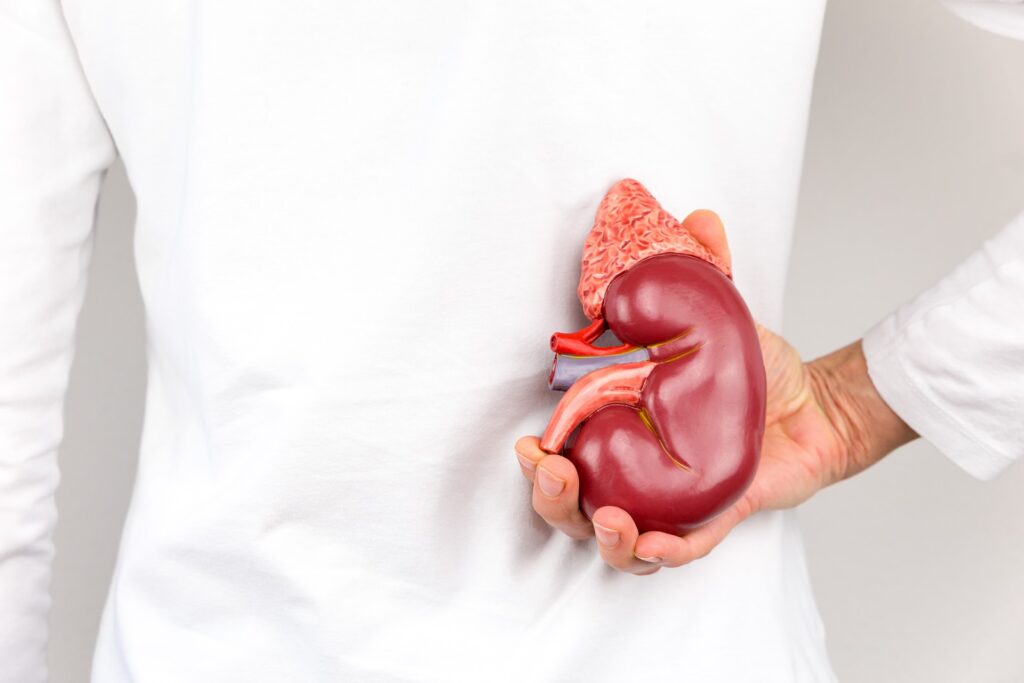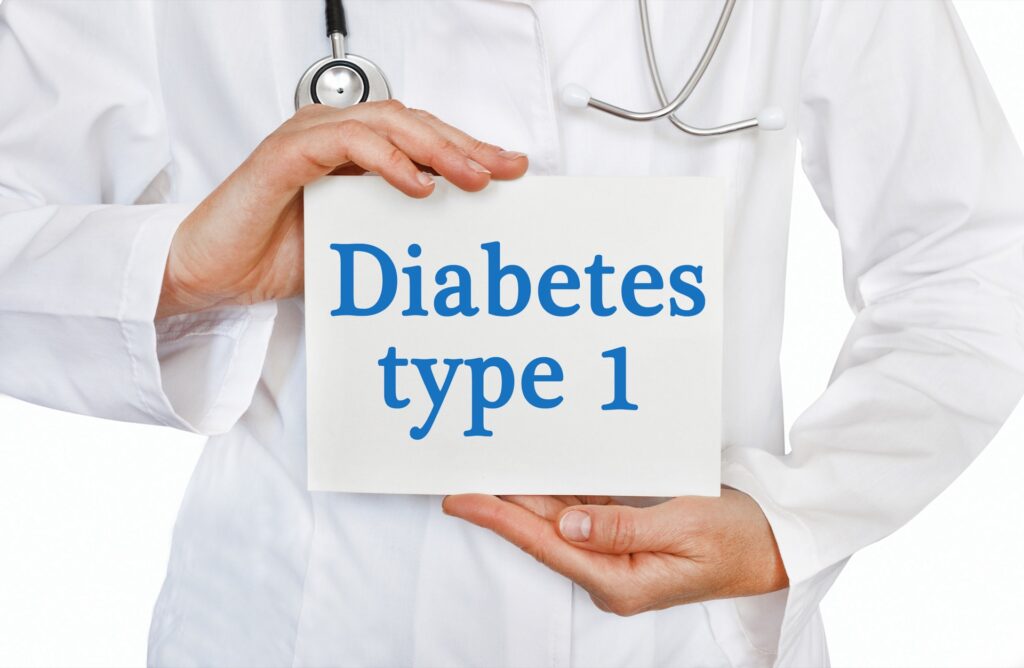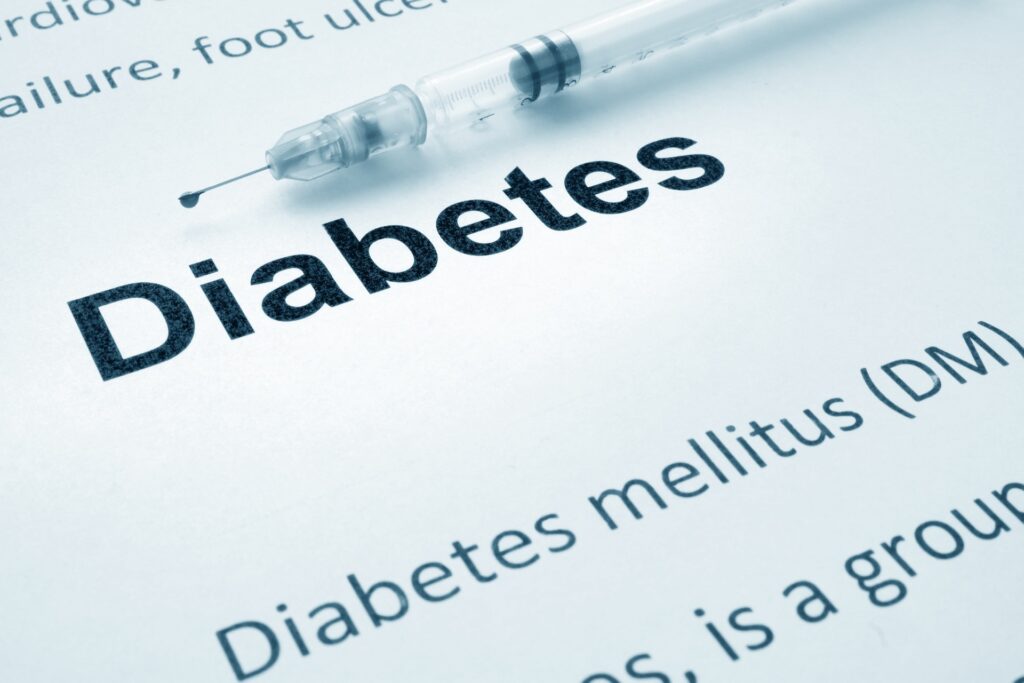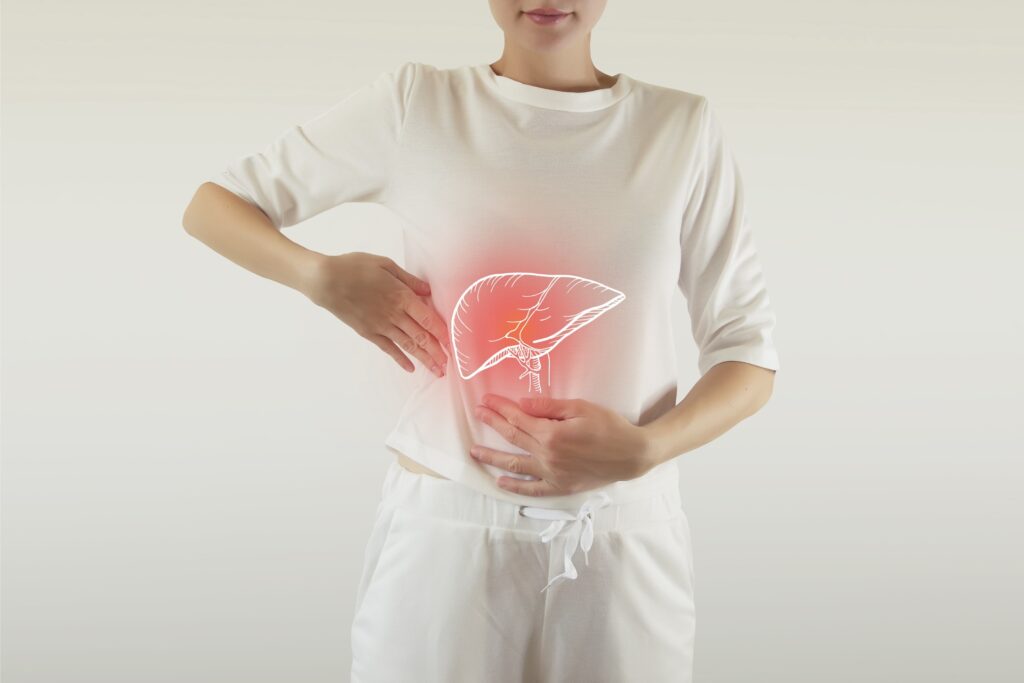Guidelines on Maintaining Nutritional Health during Chemotherapy

Eating well during chemotherapy can be very difficult for some people who experience associated symptoms of intense nausea and/or other gastrointestinal stresses.Here are some guidelines to help you get the nutrition you need to help maintain optimal health and preserve energy. The side effects of chemotherapy can vary from individual to individual,but eating problems are […]
9 Foods That Can Lower Your Risk of Cancer

Garlic Arguably the most powerful anti-cancer super food, GARLIC can amplify the activity of protective cell immunity, like the natural killer cells that rid the body of cells affected by cancer and viruses without disturbing healthy cells. Garlic can also reduce inflammation, which has been linked to the development of cancer. One big clove of […]
Yoga and Metabolic Syndrome

Metabolic syndrome is a group of health conditions that occur together and increase your risk of heart disease, stroke, and type 2 diabetes. These health conditions include high blood pressure, high blood sugar, excess body fat around the waist, and abnormal cholesterol or triglyceride levels.1 Making healthy lifestyle choices that include eating plenty of vegetables, […]
What is Kidney Disease?

You have two kidneys. They are bean-shaped, and about the size of a fist. They are located in the middle of your back, on the left and right sides of your spine, just below your rib cage. Their main job is to filter extra water and wastes out of your blood and make urine. They […]
What is Hypertension?

High blood pressure, also known as Hypertension, can lead to cardiovascular conditions and diseases, stroke, and heart failure.1 Currently, 1 in 3 adults have high blood pressure—that’s about 75 million Americans.2 Factors that increase your risk for developing hypertension include Unhealthy dietary habits Frequently consuming saturated fats and sodium-rich foods Physical inactivity Heavy alcohol use […]
What Does it Mean to be Metabolically Healthy?

A study1 conducted in February of 2019 by a research team at the Gillings School of Global Public Health of the University of North Carolina at Chapel Hill set out to define and measure metabolic health among Americans. In their study, they note that, at the time of their study’s creation, there was no consensus-driven […]
Type 1 Diabetes: Causes and Symptoms

Type 1 diabetes is caused by an autoimmune reaction in which the body’s immune system attacks the insulin-producing beta cells of the pancreas. For the most part, the cause is unknown, but the general consensus points to a genetic predisposition triggered by an external catalyst, such as an infection. While there is evidence for people […]
The Difference Between Type 1 and Type 2 Diabetes

People with Type 1 diabetes cannot produce any insulin at all due to immune cells attacking the insulin-making cells located in the pancreas. People with Type 2 diabetes, the more common of the two, once produced insulin, but it wasn’t effective enough for the body. When muscle cells stop responding to insulin’s signals to regulate […]
Nonalcoholic Fatty Liver Disease: One More Reason to Avoid Fast Food

Alcohol tends to be associated with the mere mention of liver complications, but the name of this disease, nonalcoholic fatty liver disease (NAFLD), doesn’t leave room for any misplaced fault. As with obesity, Type 2 diabetes, and heart disease, a diet high in saturated fats, sugar, and processed foods increases one’s chances of developing NAFLD […]
New Study Finds that Intermittent Fasting Increased Longevity in Cardiac Catheterization Patients

A new study by researchers at the Intermountain Healthcare Heart Institute in Salt Lake City has found that cardiac catheterization patients who practiced regular intermittent fasting lived longer than those patients who didn’t. In addition, the study found that patients who practice intermittent fasting were less likely to be diagnosed with heart failure. In the […]
Meal Prepping: A Step-by-step Guide

The cold, dark months and shorter days of winter can leave us feelingmore tired and pressed for time than usual. This can make it even more difficult to muster the motivation required to prepare healthy meals on a daily basis. However, with a little planning, we can avoid the pitfalls of the sluggish winter season […]
Know Your Nutrients: Sulforaphane

Sulforaphane belongs tothe isothiocyanate class of phytochemicals. Phytochemicals are compounds found in plant foods that exhibit potentially therapeutic properties through anticarcinogenic, anti-inflammatory, and antioxidant actions.1 Sulforaphane is metabolized in the body from a compound called glucoraphanin, found in cruciferous vegetables such as broccoli, cabbage, cauliflower, and kale.2 Sulforaphane is a well-studied phytochemical, and the scientific […]


